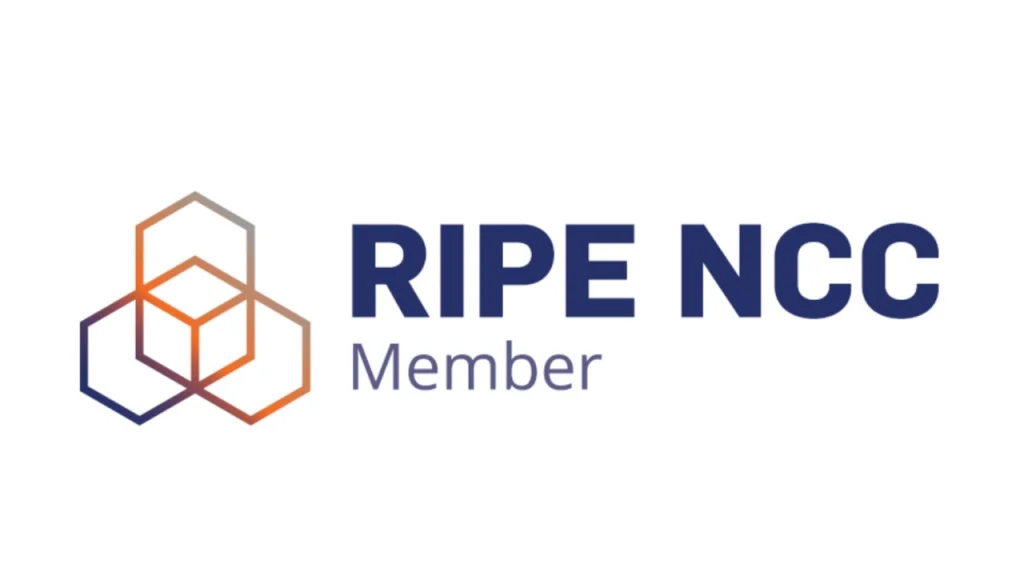- Roderick Beck urged RIPE to disclose senior management salaries, citing U.S. nonprofit standards and rising member dissatisfaction.
- His comments drew replies from RIPE community members defending privacy protections under EU law.
Beck questions RIPE’s financial practices
On 6 November 2025, Roderick Beck, a network capacity sourcing broker based in Tallinn and Budapest, posted a message titled “Re: Good Governance Principles” on the RIPE public mailing list, calling for more transparency from the RIPE Network Coordination Centre (RIPE NCC).
“In the US all non-profits must disclose the individual salaries of senior management. RIPE does not even though it functions effectively as a nonprofit,” Beck wrote. “I think more transparency is due in this respect given that RIPE is also a monopoly and has a budget of $40 million versus $33 million for ARIN and twice as many employees and contractors as ARIN.”
He added that the “need for transparency takes precedence over privacy in such a situation,” and pointed to wider dissatisfaction among ISPs regarding RIPE’s fees and reporting practices:
“Moreover, I know there has been great rank and file ISP dissatisfaction with RIPE’s fees (expressed on the message boards of national network operator groups like the French one) and skepticism about whether RIPE’s costs are justified. In addition, RIPE’s annual financial format is constantly changing. So there is a general lack of financial transparency. These are easy problems to fix.”
Beck frequently comments on internet infrastructure governance through his Subsea Cables blog (subseacables.blogspot.com).
Debate over privacy and governance
Beck’s message prompted several responses from the RIPE community.
Veteran member Gert Doering replied briefly:
“We are not in the US…”
Beck countered that transparency standards should not be bound by geography:
“That’s not a good argument. Disclosure of individual salaries is de facto the global standard for transparency.
Good ideas are good ideas whether Europe practices them or not, Gert. And let me add that given the scandals in European corporates and at the EU Parliament, European transparency standards are low and inadequate. Privacy is used as a cover for inadequate disclosure and bad deeds.”
Later in the same discussion, Ondřej Surý raised legal concerns:
“It’s also illegal in EU as far as I can tell. Individuals can disclose their salaries, but it can’t be mandated by the employer,” Surý wrote. “Personally, I can’t see any good outcome of that and I care about the good job that the RIPE/RIPE NCC does and I trust the people in charge to make rational decisions about the salaries.”
Beck disagreed, maintaining that privacy should not override accountability:
“It is not illegal. Privacy is not an absolute right. The annual salary of Orange’s CEO is 2.67 million euros. Most countries require that publicly traded companies disclose the salaries of senior management. They are accountable to their investors and the general public. Just as RIPE senior management should be accountable to the ISPs for which they work. You can’t have accountability when the people in charge only disclose the aggregate figure in order to shield from scrutiny.”
The exchange reflects a broader governance question within RIPE and other regional internet registries: how to balance transparency and accountability with privacy obligations and regional legal frameworks.

